New Merida Silex sees World Champion trialed geometry and a refreshed aesthetic
The New Merida Silex was ridden to victory by Matej Mohorič in the UCI Gravel World Championships - but you can take it bike packing

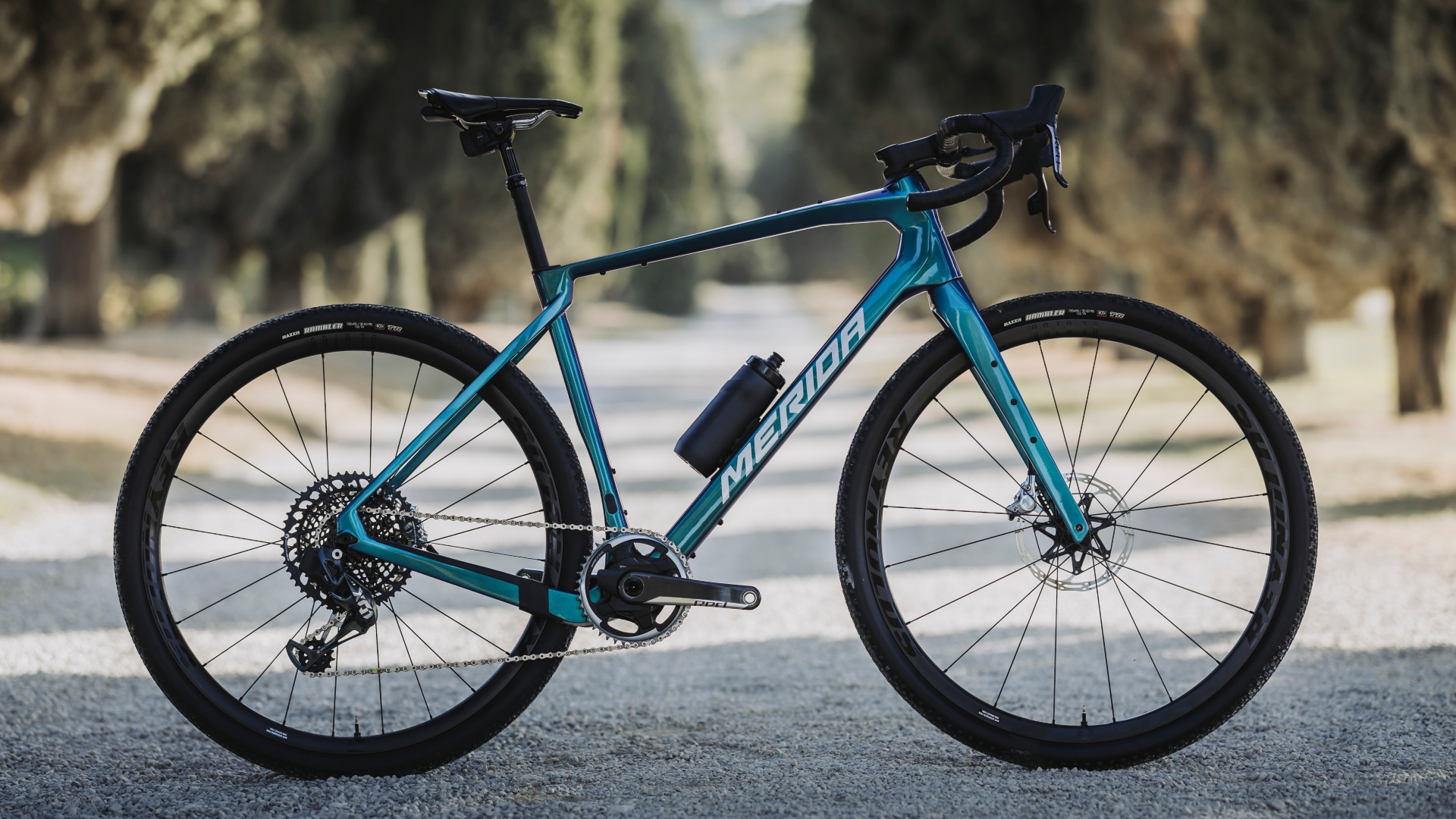
The latest race content, interviews, features, reviews and expert buying guides, direct to your inbox!
You are now subscribed
Your newsletter sign-up was successful
Today, Merida has announced the launch of the new Merida Silex gravel bike. The launch comes 10 days after the bike was ridden to victory in the UCI Gravel World Championships by Matej Mohorič of Bahrain Victorious.
Although the Slovenian has taken the new gravel machine racing with stellar effect, the Silex remains firmly planted in Merida's exploration gravel bike spot, now with a 1.5 degree slacker head angle, and more mountain points for luggage and mudguards.
Merida has released a total of six bike models, including both alloy and carbon framesets, and we have been lucky enough to put some kilometers on the new bike too in the hills of Emilia Romagna, Italy.
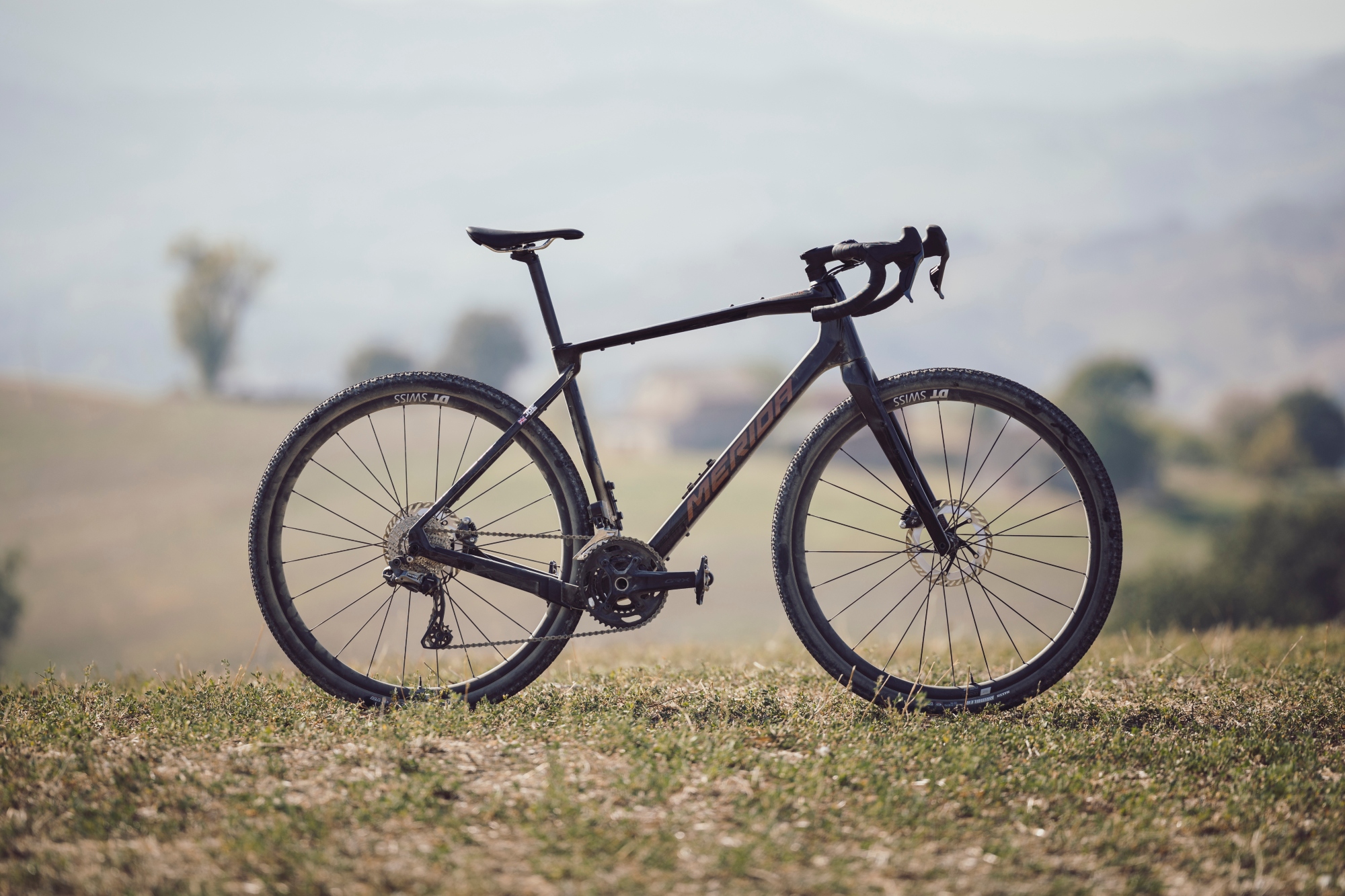
Merida says the original Silex, which was released five years ago, was a huge success for them - so it only made sense for the engineers to build off of this platform, while making various tweaks to catapult the bike into 2023.
What immediately jumps out is how easy on the eye the new Silex is - looks might not be everything, but it's fair to say the original Silex made a bit of a name for itself with its overly flanged headtube/downtube junction.
For 2023 Merida has completely redesigned the aesthetics of the new gravel bike, whilst keeping a hint of the old bike's character - very well done we think.
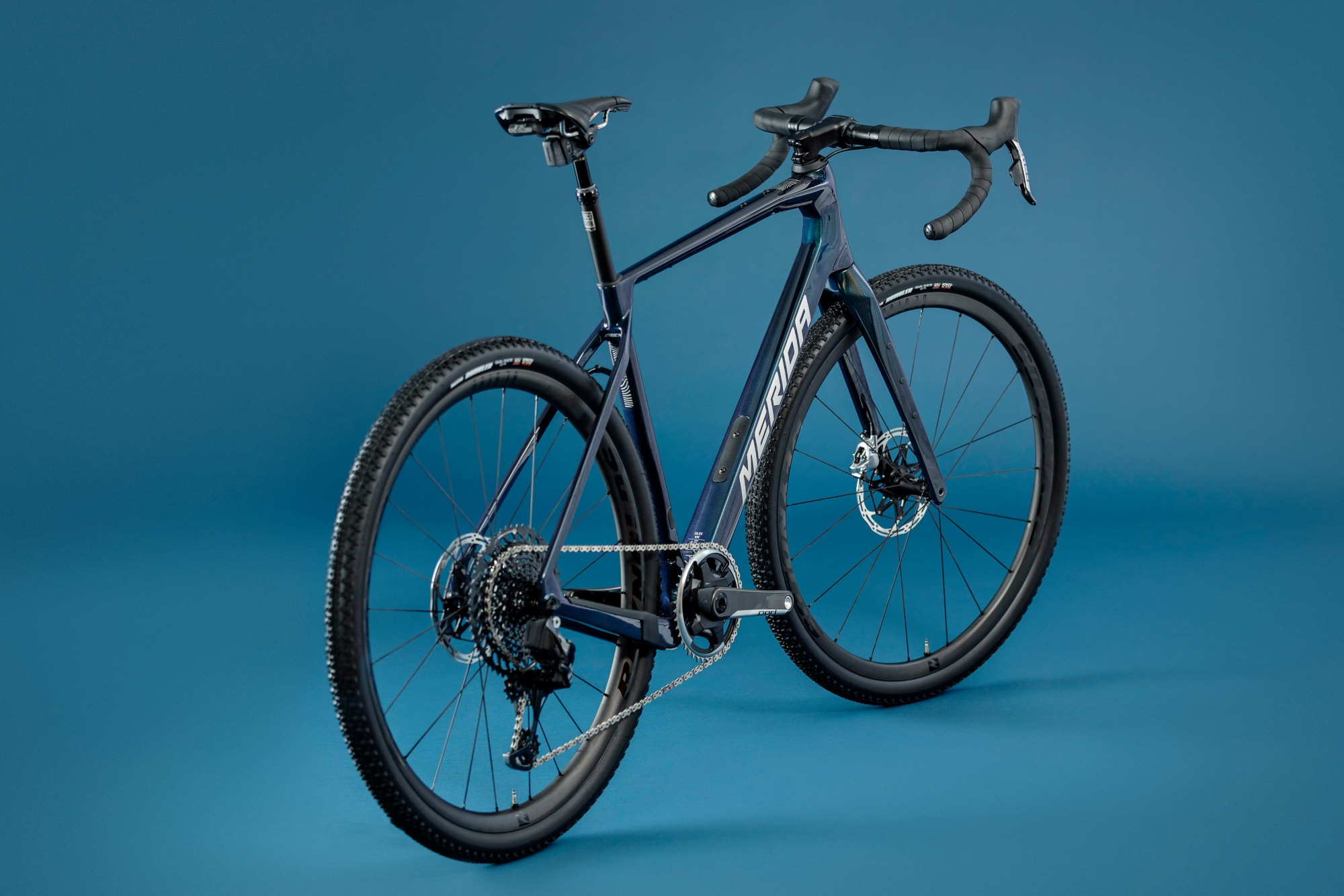
The new carbon frame tips the scales at a claimed weight of 1,220 grams, with an accompanied fork a claimed 560 grams - competitive but not the lightest. For comparison, Wilier's new Adlar gravel bike, which ticks many of the same boxes as the new Merida in terms of geometry and rugged riding, has a claimed frame weight of 1100 grams.
The latest race content, interviews, features, reviews and expert buying guides, direct to your inbox!
Redesigned tube shapes, in this case, also mean a geometry change - and Merida has gone pretty bold here, with a 69.5 degree head angle. Having such a slack front end allows the front wheel to be kept further in front of the rider, allowing you to keep your weight back when descending - something we loved in our time riding the new Merida Silex.
To put that into perspective, the Merida Reacto has a head angle of 73.5 degrees, while the brand's Big Nine hardtail cross-country bike has a head angle of 68 degrees - you can see which camp the new Silex is leaning towards!
By rejigging the front end Merida also says it has managed to keep the desired riding position whilst shortening the head tube, correcting the fork length, which allows suspension fork compatibility.
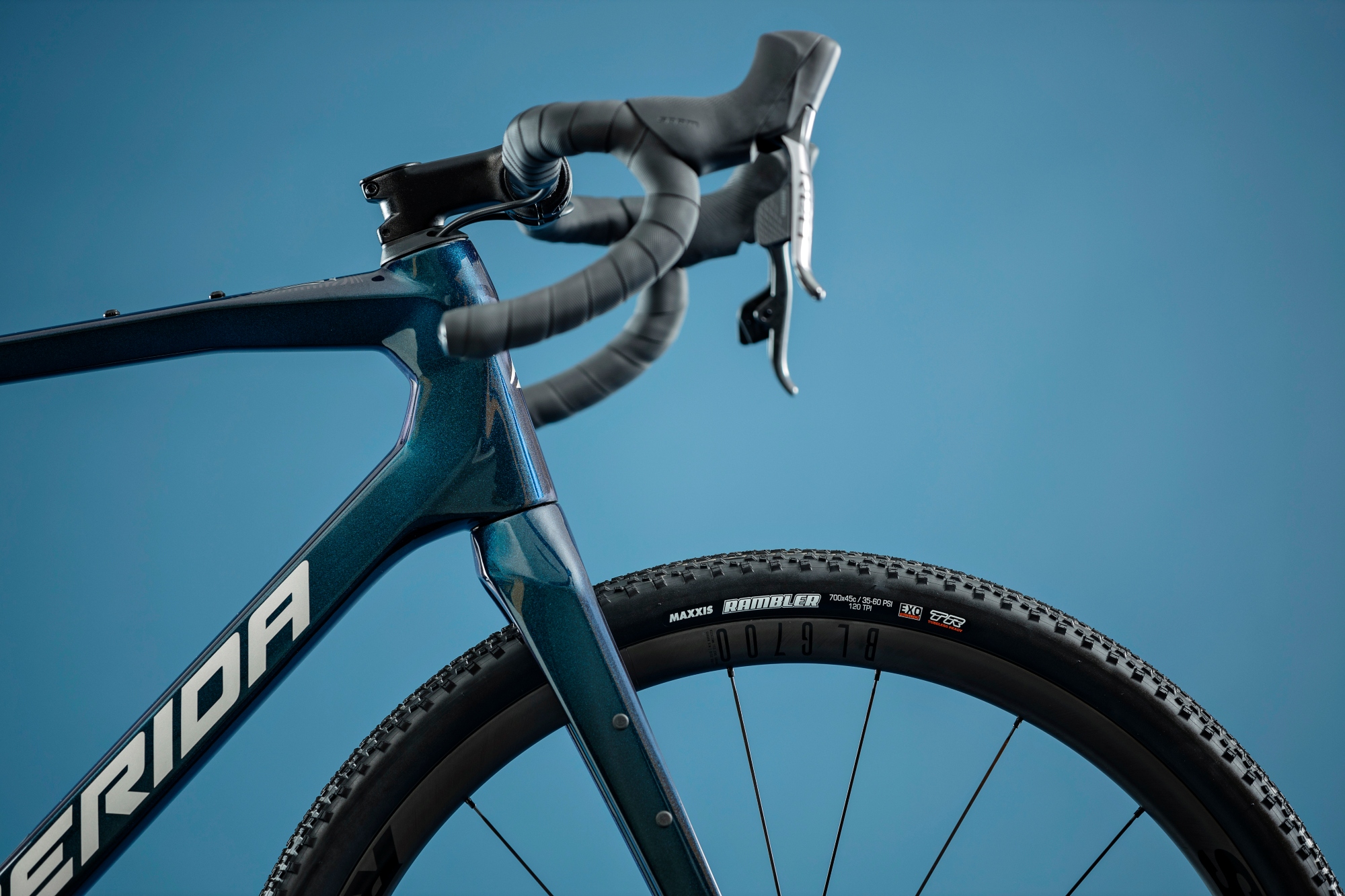
Merida has also increased tyre clearance to 45mm, or 42mm with a full set of mudguards - no doubt a capable setup. Merida has dropped the chain stays behind the bottom bracket to allow for the new geometry to work with 45mm tyre sizes, as well as to maintain compatibility with 1x and 2x drivetrains.
Setups will be tubeless ready out the box but not set up as tubeless from factory.
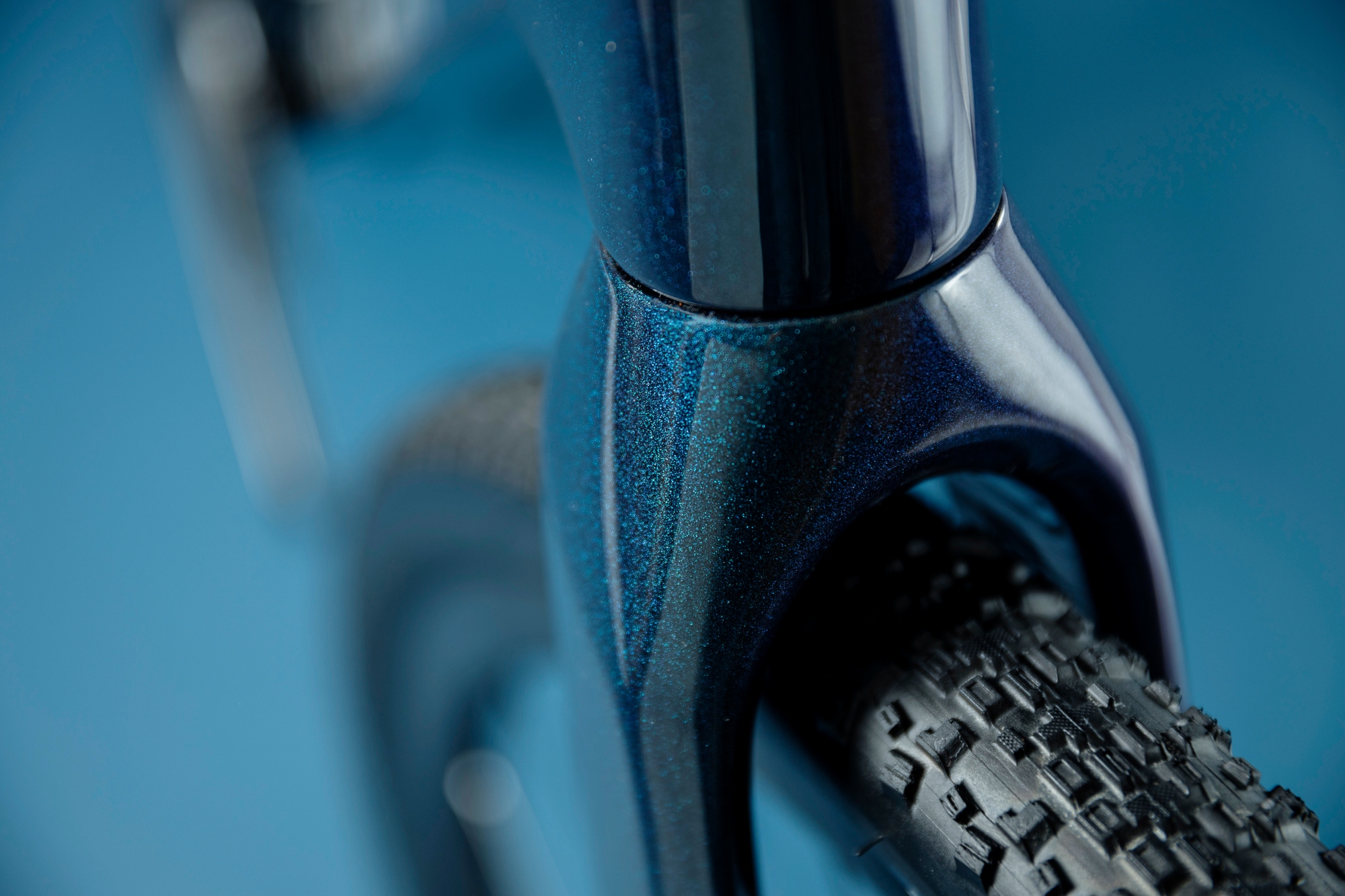
Another feature mountain bikers will be quick to notice is the frankly huge 180mm front and rear disc rotors. Merida says this is to improve braking performance both on rough surfaces, but also when the bike is fully laden with all the gear you might need for a week in the wild.
The new Silex also features Merida's heat sync caliper mounts, which it says help cool the system during repeated heavy braking. It has to be said too - we are real fans of this big brake system, because quite frankly, why not?
For equivalent Shimano Ice-Tech SM-RT rotors, the weight penalty for a pair of 180mm rotors compared to a pair of 140mm rotors is just 60 grams, and for that minute sacrifice, you really do get more confident braking.
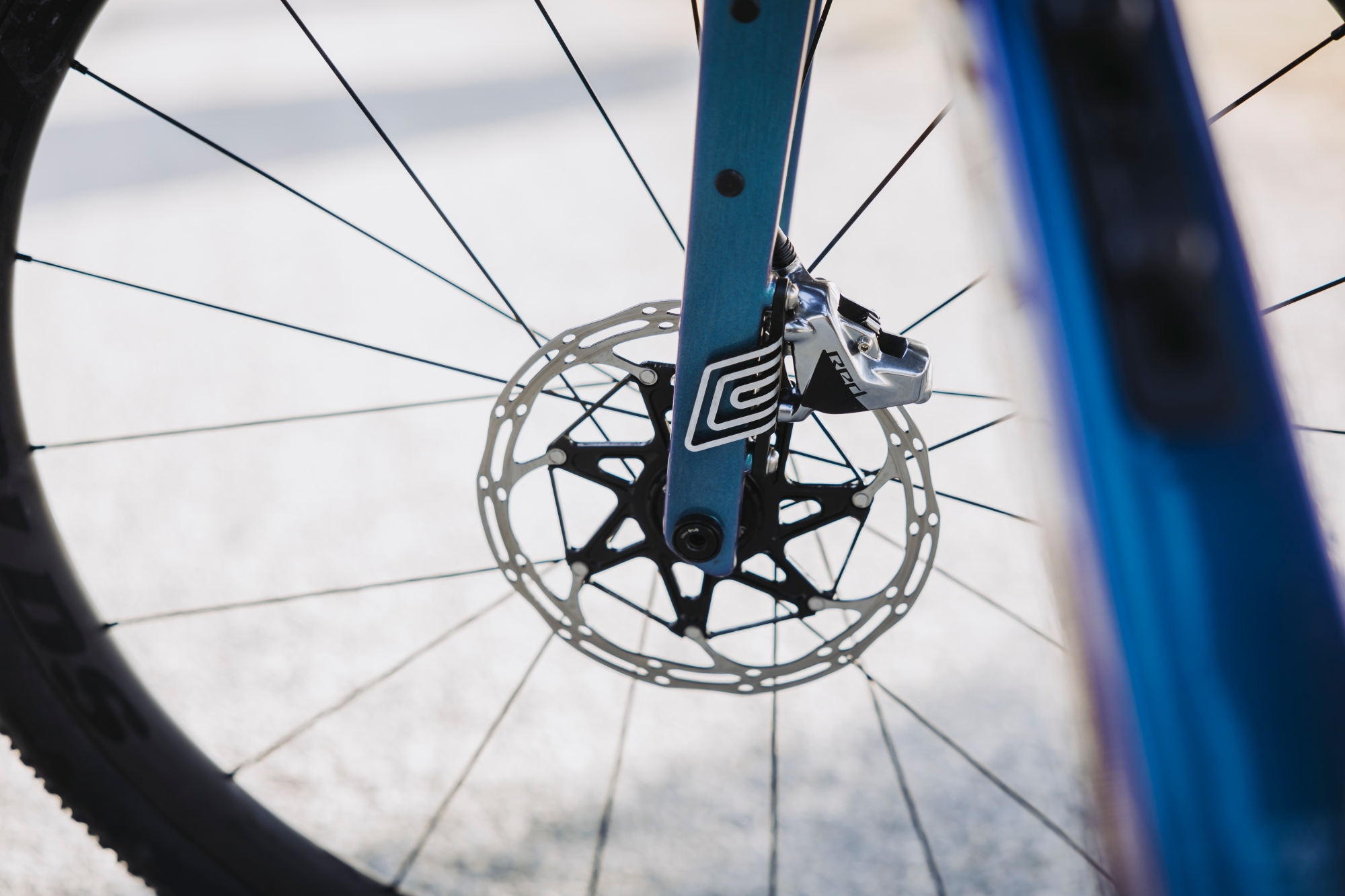
Cable routing has also received a refresh on the new Merida Silex, with the new bike now featuring cable routing through the head tube. Merida says the new 'Wire Port' system is also compatible with FSA's ACR and SMR cockpit routing, for those who want to completely disappear those cables through the stem and handlebars.
The result on the stock bikes is certainly a clean setup, with the only visible cables running from the top of the headset to just beneath the handlebars.
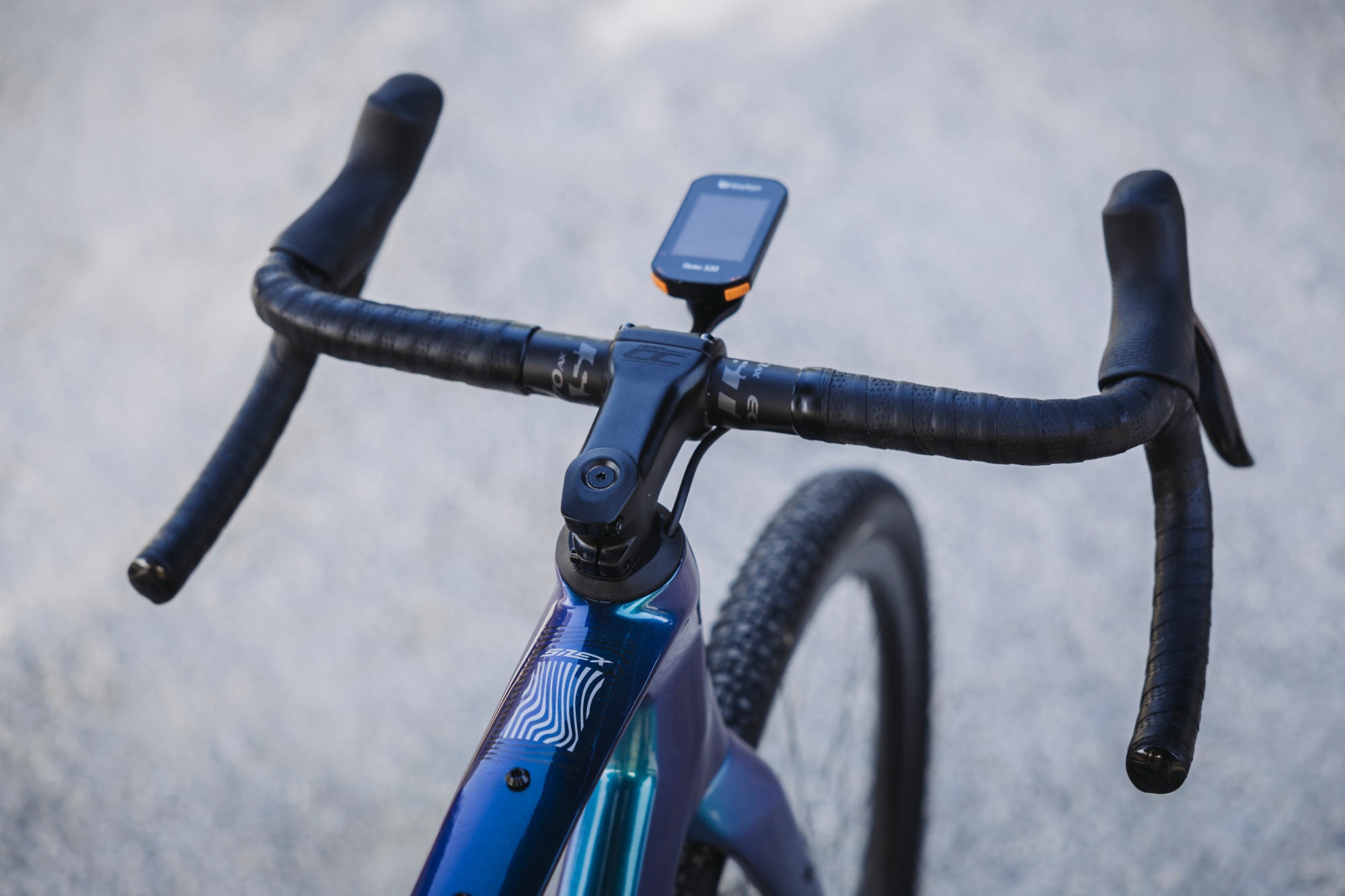
Merida is also launching an alloy version of the new Silex. The new Silex Light frame comes in at a claimed 1900 grams, but does share the same 540 gram carbon fork, making this a pretty competitive option for those looking for a more cost-friendly option.
Alloy bikes will be available 200 (£1,275/€1,500), 400 (£1,650/€1,980) and 700 (£2,350/€2,850) spec options, fitted with Shimano Sora, Shimano 10-speed GRX 400, and brand new Shimano GRX 12-speed respectively.
Note that European pricing may vary from country to country.
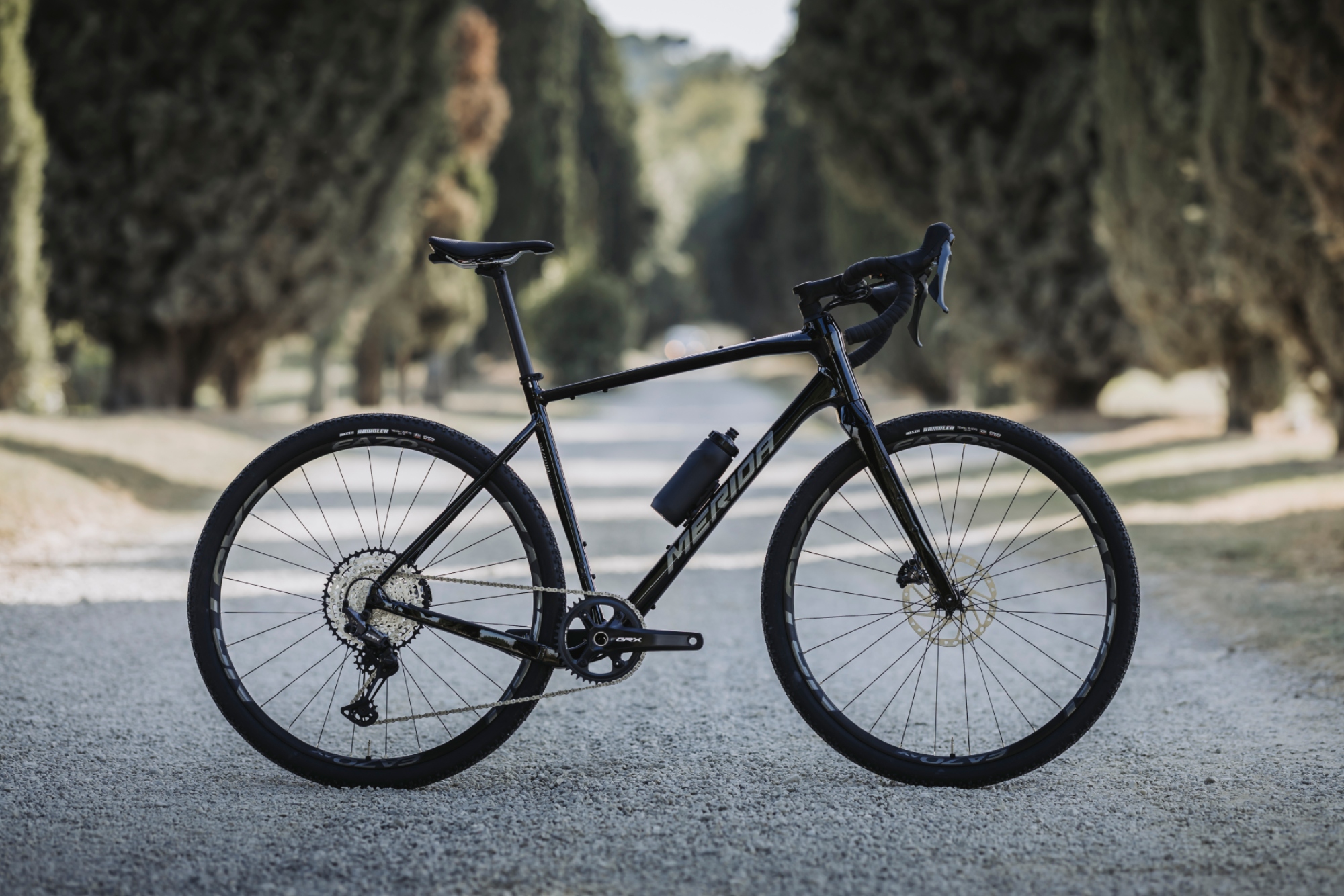
The Silex carbon bikes on the other hand start from £2,250/€2,700, for the Silex 4000, then the Silex 7000 comes in at £3,000/€3,600 and finally, the range-topping Silex 10k, which comes in at £8,750/€10,500.
For more information, visit the Merida Website.

Joe is Cycling Weekly's former tech writer. He's always had a love for bikes, since first riding a two wheeled steed before the age of four. Years down the line, Joe began racing at 16, and enjoyed great experiences internationally, racing in Italy, Spain and Belgium to name a few locations. Always interested in tech, Joe even piloted his Frankenstein hill climb bike to a Junior National Title in 2018. After taking a step back from elite level racing in April 2022, Joe joined our team as a freelancer, before becoming Tech Writer in May 2023.